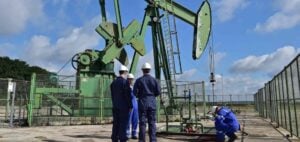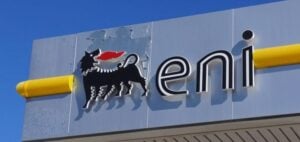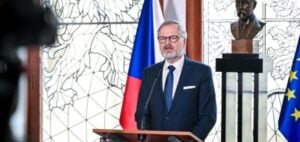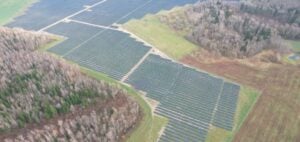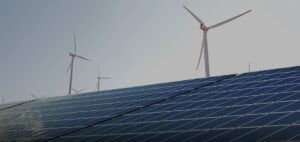The Nexans Group, a French leader in the manufacturing and installation of industrial cables, recently reiterated its financial forecasts for 2024, strengthening investor and sector observer expectations. This statement, accompanied by a rising turnover in the third quarter, precedes an investor day scheduled for November 13, during which Nexans will unveil its medium- and long-term strategy.
For several years, Nexans has been implementing a strategic reorientation, now focusing on electricity transmission, a sector experiencing worldwide expansion. As part of this shift, the group has gradually reduced its activities in digital and data cables, concentrating more on supporting electrical infrastructure. This strategy aligns with the global electrification trend, which Nexans intends to support by adapting its offerings and strengthening its capacities in strategically deemed areas.
A solid third quarter despite economic challenges
In the third quarter of 2024, Nexans recorded a turnover of 1.68 billion euros, marking a 5% increase on a standard basis, thereby neutralizing the impact of fluctuations in metal prices. However, at constant exchange rates and perimeter, this turnover reflects a slight decrease of 0.5%. Accounting for current metal prices, quarterly turnover rose by 9.4%, reaching 2.07 billion euros. For the first nine months of the year, Nexans recorded a 6% growth on a standard basis, totaling 5.22 billion euros, and a 6.6% increase at current metal prices, or 6.29 billion euros.
This performance reflects Nexans’ resilience in the face of economic uncertainties and price fluctuations of raw materials, primarily copper and aluminum, essential in industrial cable manufacturing. These variations have been stabilized since 2020, with reference values of 5,000 euros per ton for copper and 1,200 euros for aluminum, allowing the group to smooth the impact of raw material fluctuations on its financial results.
Upward revision of financial forecasts
For the 2024 fiscal year, Nexans expects an adjusted EBITDA (earnings before interest, taxes, depreciation, and amortization) of between 750 and 800 million euros, compared to an initial range of 670 to 730 million euros. This revision of earnings forecasts is accompanied by an adjustment in its normalized free cash flow forecast, expected to range from 275 to 375 million euros, compared to the initial estimate of 200 to 300 million euros.
This revised forecast reflects growing confidence in Nexans’ ability to generate solid financial results despite a market context marked by significant volatility and fluctuating demand in certain regions. The anticipated improvement in the group’s economic performance confirms its strategy of refocusing on the most promising segments of the energy industry.
Investment in Europe and strengthening recycling capacities
As part of its ambition to strengthen its capacities in Europe, Nexans recently announced a strategic investment of more than 90 million euros in its factory in Lens, France. This investment aims to increase wire rod production capacity by over 50% and enable the recycling of up to 80,000 tons of copper per year. This project is part of a long-term vision for sustainable copper supply in Europe, essential for developing low-impact electrical networks.
Expectations for the November 13 investor day
Nexans also confirmed that it would present its new strategic roadmap at its investor day. In light of market rumors suggesting the potential sale of its industrial cable activities, or even the sale of the group to an American investment fund, Nexans will provide key clarifications on the initiatives guiding its activities in the coming years. This announcement is anticipated by the market as a pivotal moment, likely to redefine Nexans’ position in a rapidly transforming sector.















